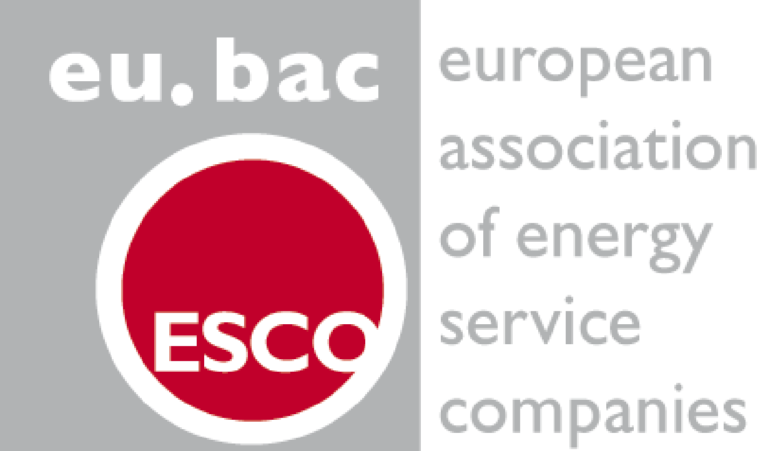eu.bac Press-release – The new Directive on Energy Efficiency, a step towards a more efficient economy
The road towards an agreement on the new Energy Efficiency Directive has been long and bumpy, but overall, we are on course – though not at the speed and with the ambition that eu.bac would have liked to see.
eu.bac, the European Building Automation and Controls Association, welcomes the fact that an agreement has been found on the new Energy Efficiency Directive (EED) and is heartened to see the crucial role that energy efficiency in buildings has been acknowledged; Article 3a Building Renovation foresees the inclusion of national long-term strategies, placing capitals in the driving seat to develop a coordinated vision on how to unlock investments in building renovation. “Energy efficiency is, in essence, a tool to increase the competitiveness and effectiveness of Europe and of its businesses.
To flourish and to deliver its true potential, however, the market needs certainty. This is why the inclusion of these national building roadmaps sends out such an important political signal to the market”, said Jean-Yves Blanc, eu.bac President.
Furthermore, these national strategies will take into account specific national conditions and therefore allowing Member States tailor-made solutions based on their particular mix of building (public, residential and non-residential). Taking into account the occupant’s behaviour in this context is an important step in the recognition concerning the importance of people in managing their own energy consumption. “We need to give people additional control over their own energy use. The most cost-effective way is to improve energy efficiency by making buildings intelligent and in turn enabling them to interact with their environment” added Peter Hug, eu.bac Managing Director.
Finally, eu.bac welcomes the fact that public bodies are encouraged to make use of Energy Service Companies (ESCOs) offering Energy Performance Contracting (EPC) to finance renovations and to implement plans to maintain or improve energy efficiency in the long term. “In order for EPC to really take off in the European Union (EU), public bodies need to take the leading role. This has been the case in the United States and then the private sector followed” explained Stéphane le Gentil, eu.ESCO Chairman. For eu.bac, the key to the new EED has always been how much could be gained, rather than how much would be spent. The proposed measures in the new Directive are predicted to miss the 20% energy efficiency target by only achieving 17%, and as such, eu.bac is disappointed by the fact that the bar was not set higher by the Member States. After all, the gains do not only concern improved energy efficiency and a reduced energy dependency (energy imports last year amounted to some €400 billion) across the EU, but also growth and jobs creation across the EU.
Nevertheless, eu.bac stands ready to ensure that Member States thoroughly implement the provisions that have now been adopted. Building automation and controls are tried and tested technologies, which are already available on the market, that are cost-efficient and that have short pay-back times (3 to 5 years). Furthermore, the potential reduction with the introduction of building automation and controls in thermal and electrical energy consumption is substantial across all building types. It is in other words a win-win solution – now Member States only need to act.
About eu.bac
eu.bac is the European Building Automation and Controls Association. It represents some 95% of the European manufacturers of products for home and building automation. For a full and updated overview of our membership, please see www.eubac.org
More importantly, eu.bac members’ products and services manage over half of the energy demand in the European Union, reducing waste, reducing demand and increasing efficiency. By providing distributed intelligence, eu.bac members’ products and services ensure that the built environment is ready and able to respond to smart grid signals, demands and supplies.
eu.bac, has developed its own robust certification scheme, eu.bac CERT, which assures that technologies (products and systems) in the area of building automation and controls are in conformity with European Directives and with European Standards. The eu.bac CERT mark is the symbol that represents energy efficiency, quality and reliability.
